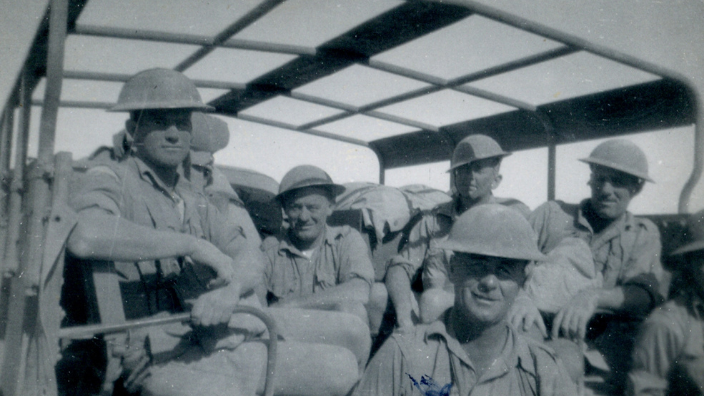By Dr Michael Bendon*
May 20 this year marks the 84th anniversary of the commencement of the Battle of Crete, where Germany launched a large-scale, mainly airborne invasion of the island they referred to as ‘natürlicher Flugzeugträger,’ a natural aircraft carrier.
Most readers are probably familiar with the progress of the battle and the involvement of not only some of the local population but also the British, along with the Australians and New Zealanders of the 2nd ANZACs. Much has already been written by eminent researchers and authors on the short-lived conflict that began with the German airborne invasion on the morning of May 20, 1941 and came to a conclusion just over ten days later on June 1 when the evacuation of Allied soldiers was halted.
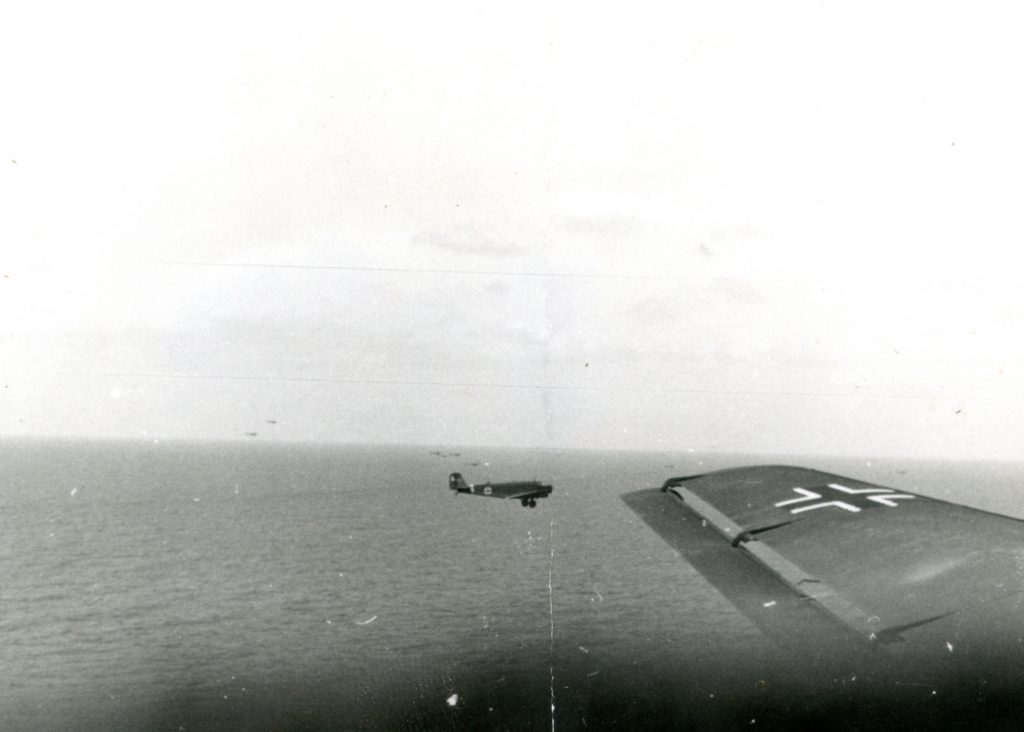
Thousands of POWs were taken by the Germans when they overran the island with many, possibly hundreds, of Allied soldiers evading capture with the selfless assistance of the Cretans. With the Axis powers finally defeated in 1945, assessment of the untold suffering and its effects began. The areas where the fighting and resistance had taken place showed the deepest and most obvious scars. Lives and properties needed to be stabilised and rebuilt.
Of the Greek, the Cretan and other local populations, the losses seemed almost overwhelming. For the soldiers, the partisans, the refugees and the displaced persons of all ages, their plight and their fate remain beyond measure. On the Allied side, of the troops sent in to help, many thousands lost their lives. Even now, over 600 ANZACs remain on Greek soil, having made the ultimate sacrifice.
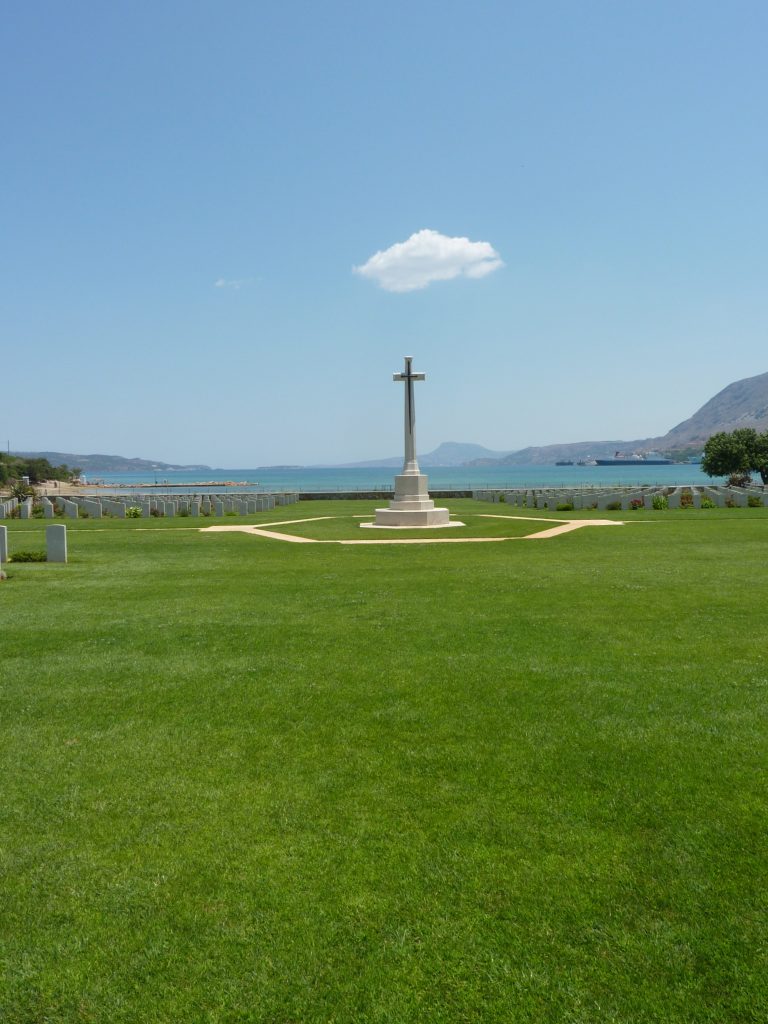
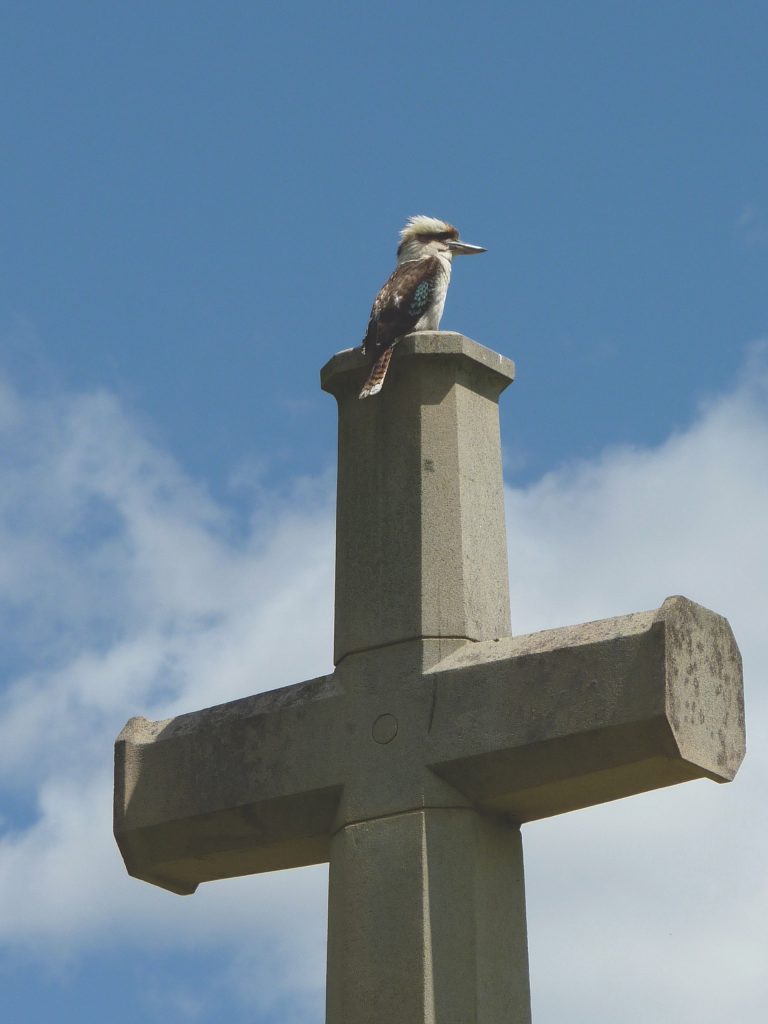
On memorials and monuments, their names and deeds are immortalised among the Greek heroes of the distant and recent past. At Souda Bay, at Rhodes, at Athens and at Phaleron, the names of Australian diggers and New Zealand troops are to be found inscribed. These people who were not able to make it back home to their own families remain in Greece, resting with the highest honours and with the never-ending friendship and gratitude of the Greek people.
Countless stories have been told of the Battle of Crete and of Greece, a few published and well-known, others perhaps spoken of only around the family dining table or over a drink with old friends. Sadly, most of these stories are, or will be soon, lost as World War Two slips rapidly from memory to myth.
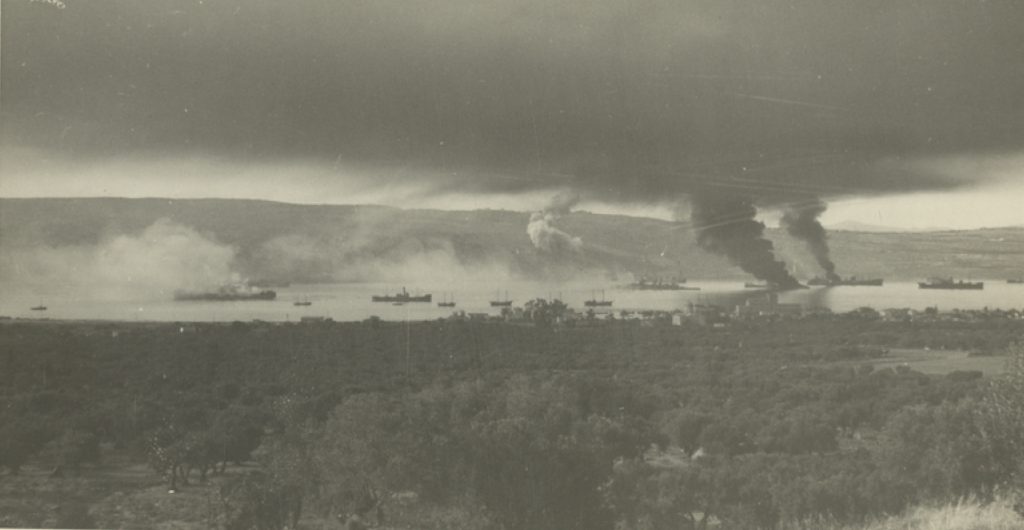
I have worked in Crete as an archaeologist now for more than 15 years and have fortunately been able to access some of these untold stories through family members and descendants of the participants in the Greek and Cretan campaigns of 1941. Rather than those oft-told tales of the ‘gods and magicians’ of war, most of these stories come from the ORs, the other ranks who are usually grouped nameless in the war diaries.
Private letters and photographs sketch vivid snapshots of what people went through, while even a postcard, ‘a tweet from the front’, in its limited writing space, echoes fears and dreams. Personal diaries and unit histories provide a more ‘boots on the ground’ approach, detailing particular courageous feats or humorous adventures. However, the present reader is unlikely to realise just how many ‘Snows’, ‘Slims’ and ‘Blueys’ served in the Mediterranean or how complicated it can be to trace one particular ‘Gus,’ the nickname given by a grave searcher unit to their local interpreter.
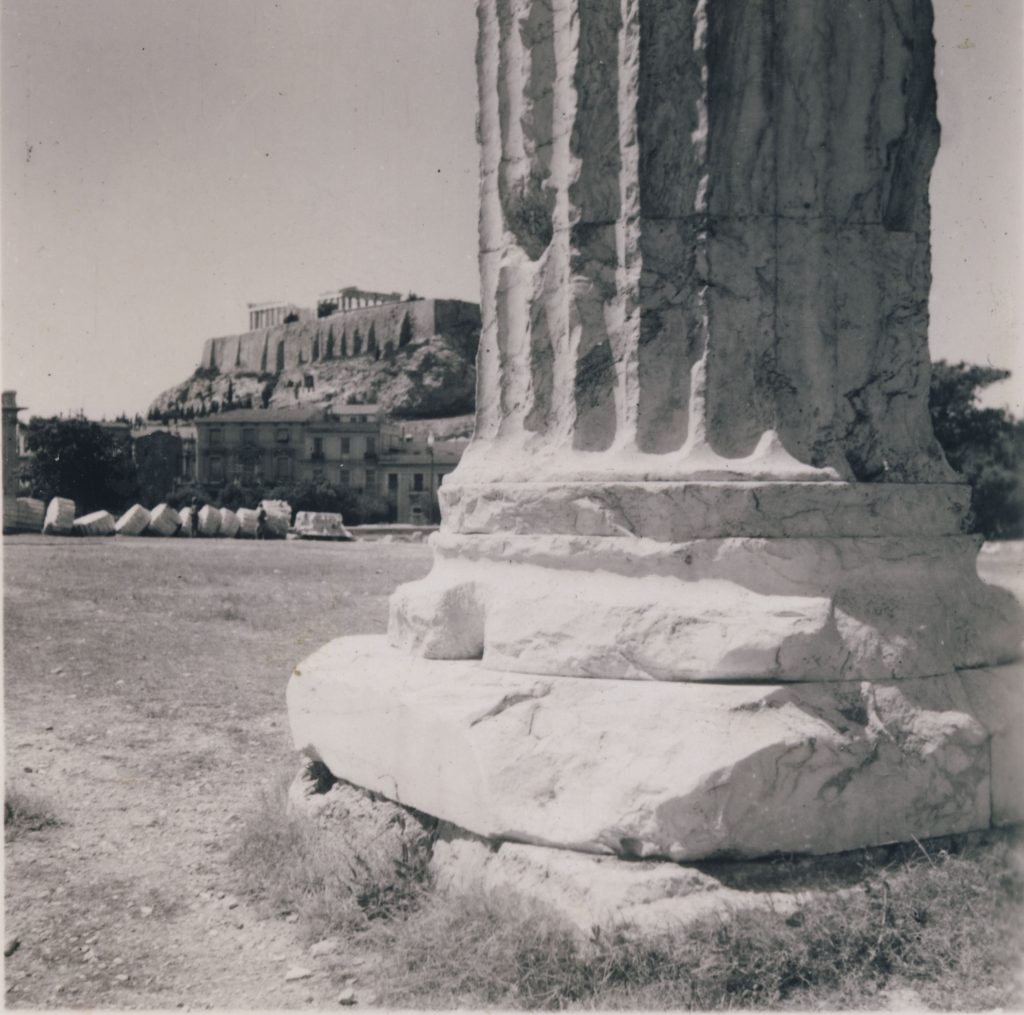
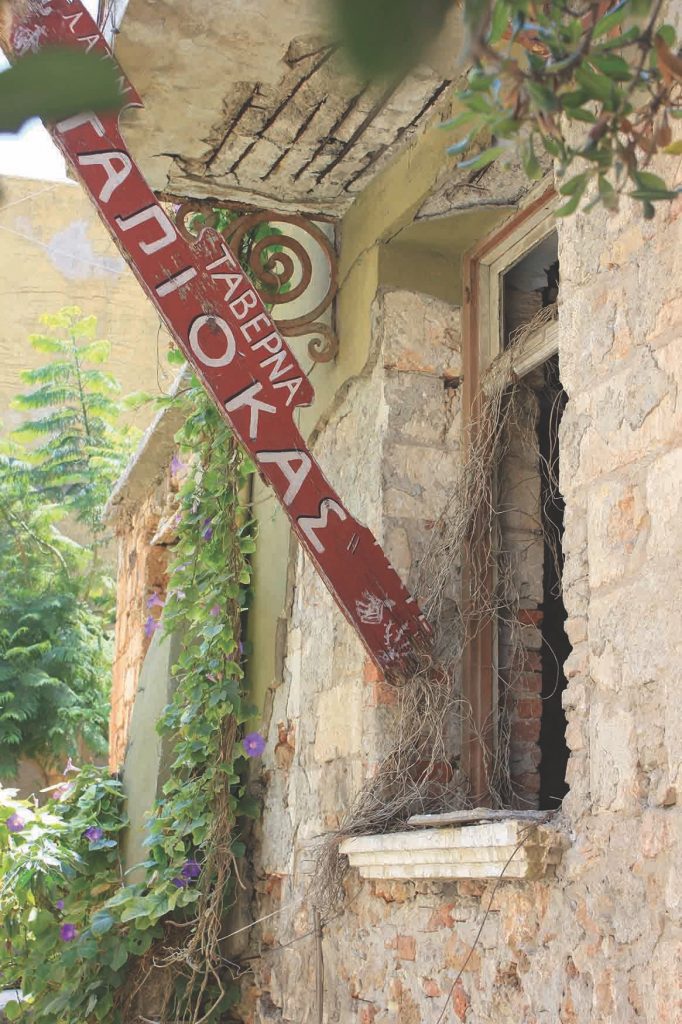
Yet, if we are to consider over 18,000 Australians embarked for Greece, with many continuing on the fight in Crete, there is so much more out there waiting for us to ensure these brave souls are never overlooked or forgotten. And then what of those untold stories of the Greek and Cretan people who fought alongside the Allies against the German onslaught?
Once a person’s name is teamed with details, a basic storyline can be established. Opportunity is then provided to relate a story of service in Greece and Crete, the anecdote gaining personality, significance and a more tangible context. Suddenly a medal, a photograph, a postcard or a letter takes on a new intrinsic, as opposed to extrinsic value. This, in turn, can create a meaningful and enduring legacy for all people involved.
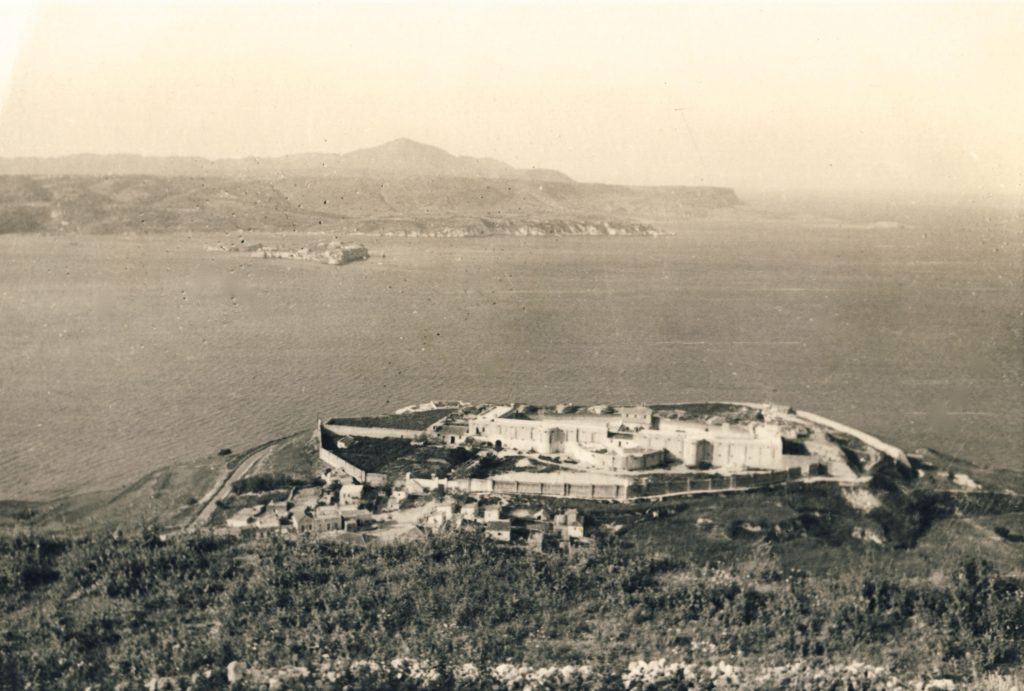
A sense of tribute is given a chance to develop while for every audience a deeper understanding coupled with a way to honour the accomplishments of these people from our past. They are our heritage.
So believing most strongly in the idea that ‘a story told is a life lived,’ I will continue to gather and make known these untold stories.
*Dr Michael James Bendon holds post-graduate qualifications in Archaeology, History, Education, Linguistics, Maritime Archaeology and Cultural heritage Management. He worked as an archaeologist for many years in Israel and then as director of a Medieaval church and cemetery excavation in Germany. Michael returned to the Mediterranean to work on the ancient site of Phalasarna in western Crete with Dr Elpida Hadjidaki. While there, he located two secretly developed British WWII wrecks that were instrumental in the Greek and Cretan Campaigns of 1941(www.forgottenflotilla.com). His WWII investigations in that area continue. Michael is also a member of the Joint Committee for the Commemoration of the Battle of Crete and the Greek Campaign (Sydney, Australia).
